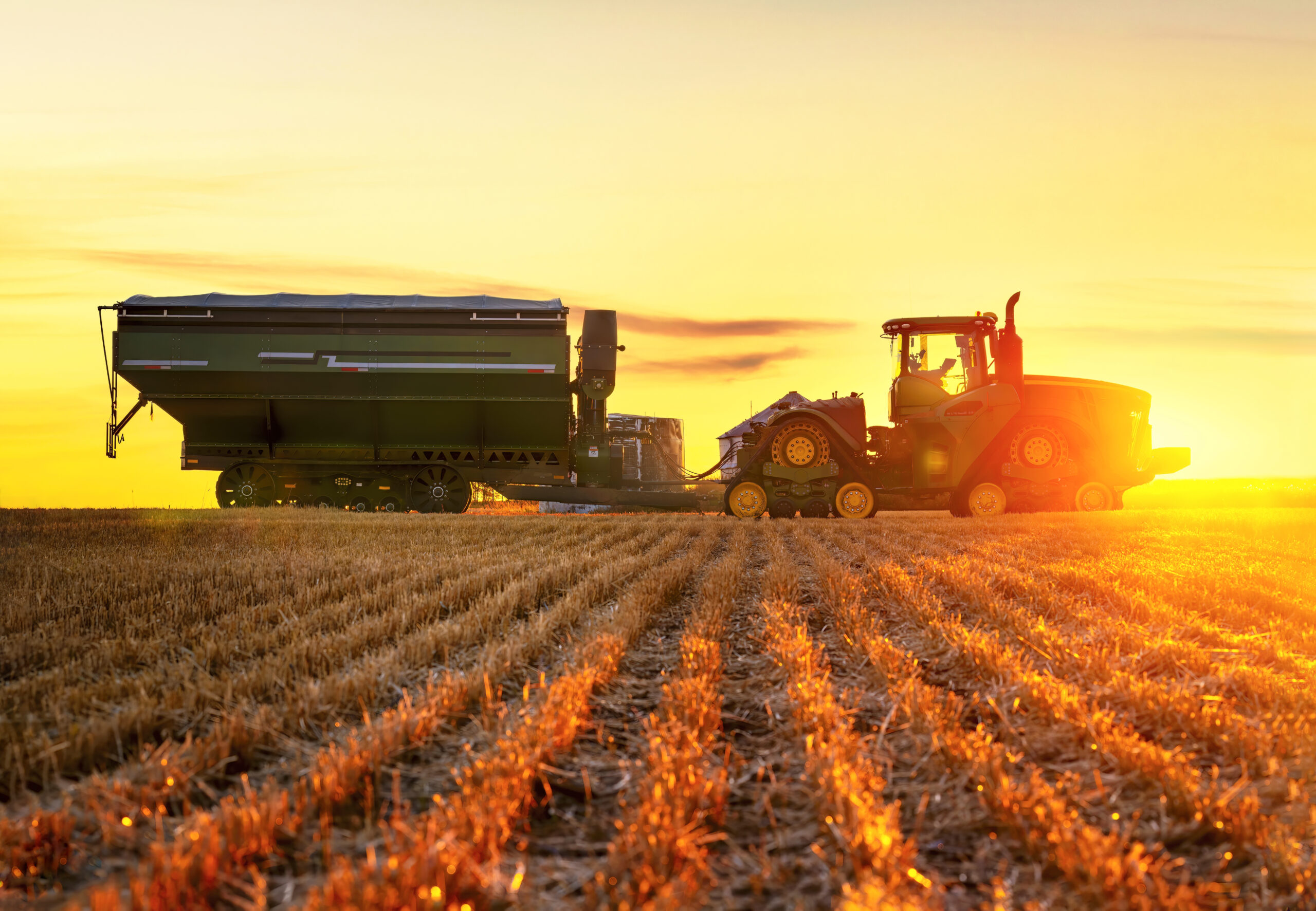Essential Resources for Large-Scale Agricultural Operations

Essential Resources for Large-Scale Agricultural Operations
Modern agricultural practices have profoundly changed the landscape of food production. Embracing cutting-edge technologies and efficient resource management, large-scale farms can attain outstanding levels of productivity and sustainability. The implementation of these advancements has become a cornerstone for feeding a growing global population. Keep reading to discover the essential resources that are pivotal to the success of large-scale agricultural operations.
Understanding the Role of Technology in Large-Scale Agriculture

Smart farming has transformed agriculture through the use of technology that enhances precision and productivity. Tools like sensors, drones, and GPS systems help farmers monitor soil conditions, track livestock, and optimize crop growth. Real-time data on soil moisture, nutrients, and pH levels allows for informed decisions that boost yields and streamline farm operations.
Beyond the fields, technology strengthens overall management and logistics. The use of enterprise resource planning software centralizes data, helping farmers forecast demand, manage labor, and handle finances efficiently. It also improves supply chain traceability, ensuring food safety and strengthening consumer trust in agricultural brands.
Key Machinery and Equipment for Efficient Farming
Modern farming equipment has transformed large-scale agriculture through advanced technology and automation. Tractors, combine harvesters, and plowing machines now operate with high efficiency, reducing manual labor and human error. GPS-guided tractors, for example, can autonomously plow, plant, and harvest with precision, enabling farms to maintain productivity even in challenging weather conditions while minimizing worker fatigue.
Specialized machinery such as seeders, sprayers, and sorters further streamline operations by ensuring accurate planting, precise fertilizer and pesticide application, and efficient produce sorting. To keep these machines running seamlessly, dependable fuel access is essential—a reliable fuel supplier in Red Deer can prevent costly interruptions and sustain continuous fieldwork during critical production periods.
Advanced Irrigation Systems for Optimal Crop Management
Advanced irrigation systems are transforming water management in agriculture by delivering precise hydration directly to plant root zones. Modern drip and sprinkler systems conserve water while ensuring optimal crop growth. When linked to weather forecasts and soil sensors, automated systems fine-tune watering schedules to prevent over- or underwatering, maintaining crop health and consistency. This precision supports sustainability while reducing waste.
As climate change drives unpredictable weather, smart irrigation has become essential for protecting yields and conserving resources. The integration of IoT technology allows devices to communicate in real time, enabling remote monitoring and instant adjustments. These innovations make precision irrigation practical and efficient, helping farms achieve both productivity and environmental responsibility.
The Impact of Precision Agriculture on Large-Scale Farm Productivity

Precision agriculture uses advanced tools and data-driven methods to monitor and manage crop variability, ensuring that every part of a farm is used efficiently. With technologies like variable rate application, farmers can distribute fertilizers, herbicides, and pesticides in exact amounts needed, reducing waste, lowering costs, and minimizing environmental harm. This targeted approach promotes healthier crops and boosts yields through smarter resource allocation.
Data analytics plays a crucial role by helping farmers identify crop stress, predict harvest times, and analyze yield differences across fields. Automated planting systems further enhance productivity by ensuring precise seed placement and spacing, leading to uniform growth, reduced competition, and stronger, more consistent crop performance.
Leveraging Big Data and Analytics in Farming Operations
Big data is reshaping large-scale farming by turning vast information from satellites, drones, and sensors into actionable insights. Through analytics, farmers can identify patterns that improve pest control, disease management, and yield forecasting. By leveraging both historical and real-time data, they can make strategic decisions—such as selecting resilient crop varieties or fine-tuning planting schedules—to boost efficiency and productivity.
Beyond field operations, big data helps farmers anticipate market trends and adapt production to meet consumer demand, improving profitability in a competitive landscape. Harnessing this technology requires strong IT infrastructure and skilled personnel, reflecting a growing need for digital and analytical expertise within modern agriculture.
Altogether, the strategic use of technology in large-scale agriculture has profound implications for efficiency and sustainability. With the right combination of machinery, data analysis, and innovative practices, modern farms are poised to meet the agricultural demands of the 21st century with remarkable effectiveness.